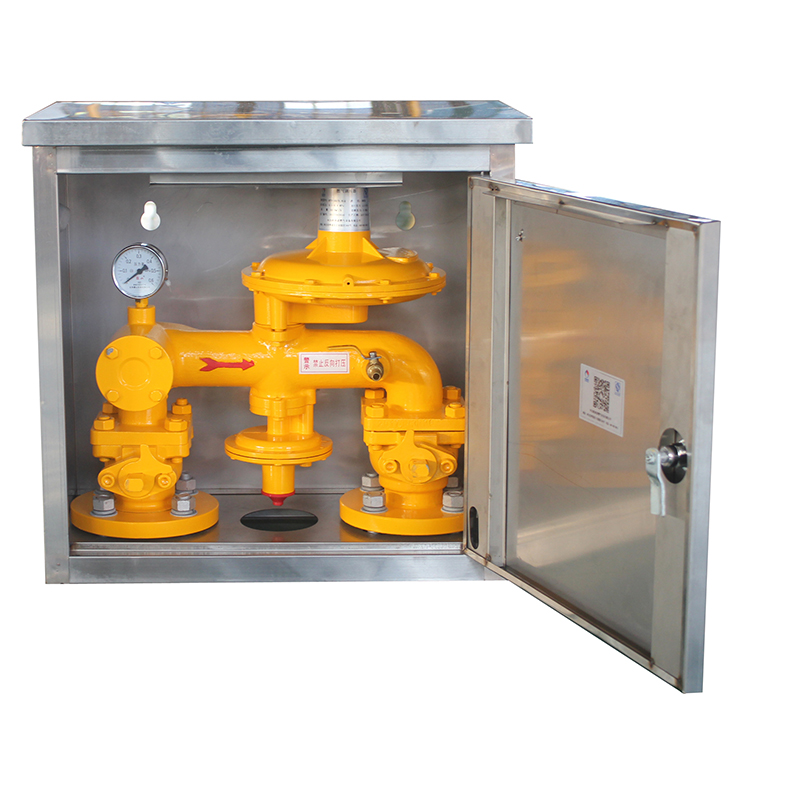
Nov . 30, 2024 17:50
Back to list
Creating an Efficient Gas Filter for Enhanced Air Quality Applications
Understanding Gas Filters A Critical Component in Air Quality Management
In today's industrialized world, maintaining air quality has become a top priority due to the harmful effects of pollution on human health and the environment. One of the key technologies aiding in the fight against air pollution is the gas filter. Gas filters serve an important role in reducing the concentration of hazardous gases and ensuring safer air for industrial workers and the surrounding communities. This article will delve into the function, types, and applications of gas filters, highlighting their significance in both industrial and environmental contexts.
What are Gas Filters?
Gas filters are specialized devices designed to remove contaminants from air or gas streams. These filters operate on the principle of adsorption and chemical reactions, which help capture and neutralize harmful substances. They are commonly used in various sectors, including manufacturing, chemical processing, mining, and waste management, where toxic gases are often emitted.
Types of Gas Filters
Gas filters can be classified into several categories based on their design and the types of gases they are intended to remove. Here are the primary types
1. Adsorptive Filters These filters use materials like activated carbon or zeolites to trap gas molecules through physical adsorption. They are effective in removing volatile organic compounds (VOCs), odors, and some toxic gases.
2. Chemical Filters Often made of specific reactive materials, these filters undergo chemical reactions to neutralize harmful gases. For example, alkaline filters can neutralize acidic gases like sulfur dioxide (SO2) and hydrogen sulfide (H2S).
3. Catalytic Filters These utilize catalysts to accelerate chemical reactions that convert harmful gases into less toxic or inert forms. They are particularly effective for gases like carbon monoxide (CO) and nitrogen oxides (NOx).
4. Membrane Filters Employing semi-permeable membranes, these filters are used to separate gases based on molecular size or chemical properties. Membrane technology is becoming increasingly popular for purifying industrial gases and capturing CO2 from emissions.
Applications of Gas Filters
gas filter

The applications of gas filters are vast and varied. In industrial settings, these filters are indispensable for ensuring compliance with environmental regulations, protecting worker health, and enhancing the overall sustainability of manufacturing processes. Some common applications include
- Chemical Processing Gas filters are crucial in the chemical industry to control emissions and ensure the workplace is safe from harmful fumes.
- Mining Operations In the mining sector, gas filters are employed to remove toxic gases produced during extraction and processing activities, safeguarding workers against exposure
.- Waste Treatment Gas filters are used in waste-to-energy plants to minimize the release of harmful gases during the incineration of waste materials.
- Indoor Air Quality Many organizations use gas filters to enhance indoor air quality in commercial buildings, hospitals, and residential areas, reducing the concentration of VOCs and other pollutants.
Importance of Gas Filters
The importance of gas filters extends beyond their immediate functionality; they are integral to safeguarding public health and preserving the environment. By effectively capturing and neutralizing harmful gases, gas filters help reduce air pollution, mitigate climate change effects, and support regulatory compliance.
Moreover, advancements in gas filter technology are continually improving their efficiency and effectiveness. Researchers are exploring innovative materials and combinations that can enhance gas adsorption and reaction rates. In an era where environmental sustainability is paramount, such developments are essential for creating cleaner industrial processes and improving air quality globally.
Conclusion
In summary, gas filters are a vital technology in the quest for cleaner air and better environmental management. Their diverse applications and continual advancements highlight their significant role in industrial processes and public health initiatives. As we move toward a more sustainable future, understanding and investing in effective gas filtration technologies will be crucial in combating air pollution and protecting our planet.
Latest news
-
Safety Valve Spring-Loaded Design Overpressure ProtectionNewsJul.25,2025
-
Precision Voltage Regulator AC5 Accuracy Grade PerformanceNewsJul.25,2025
-
Natural Gas Pressure Regulating Skid Industrial Pipeline ApplicationsNewsJul.25,2025
-
Natural Gas Filter Stainless Steel Mesh Element DesignNewsJul.25,2025
-
Gas Pressure Regulator Valve Direct-Acting Spring-Loaded DesignNewsJul.25,2025
-
Decompression Equipment Multi-Stage Heat Exchange System DesignNewsJul.25,2025

